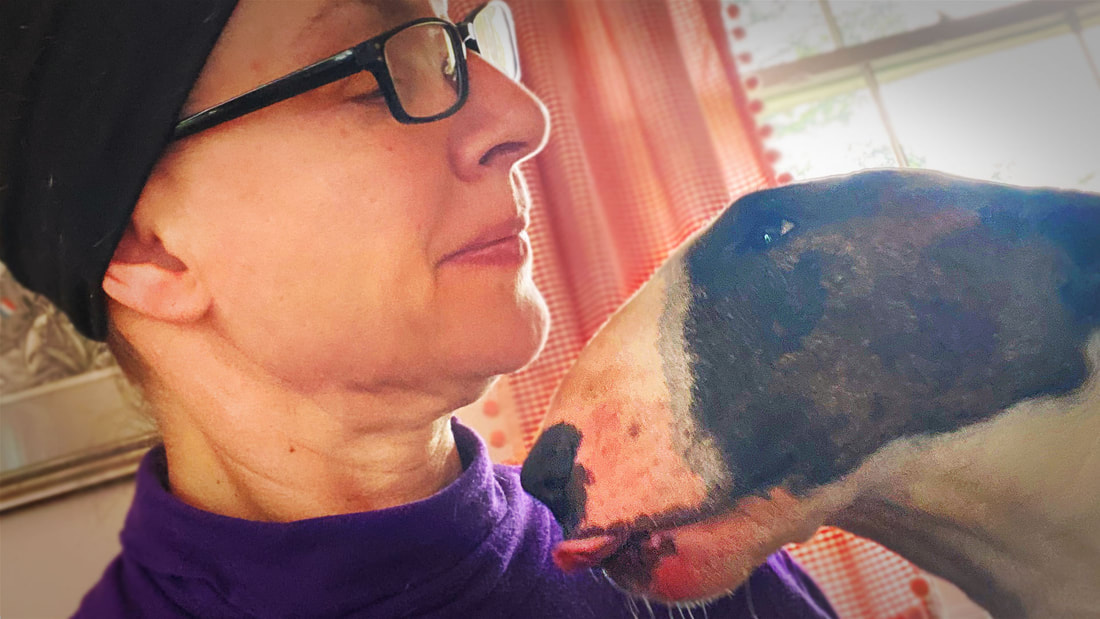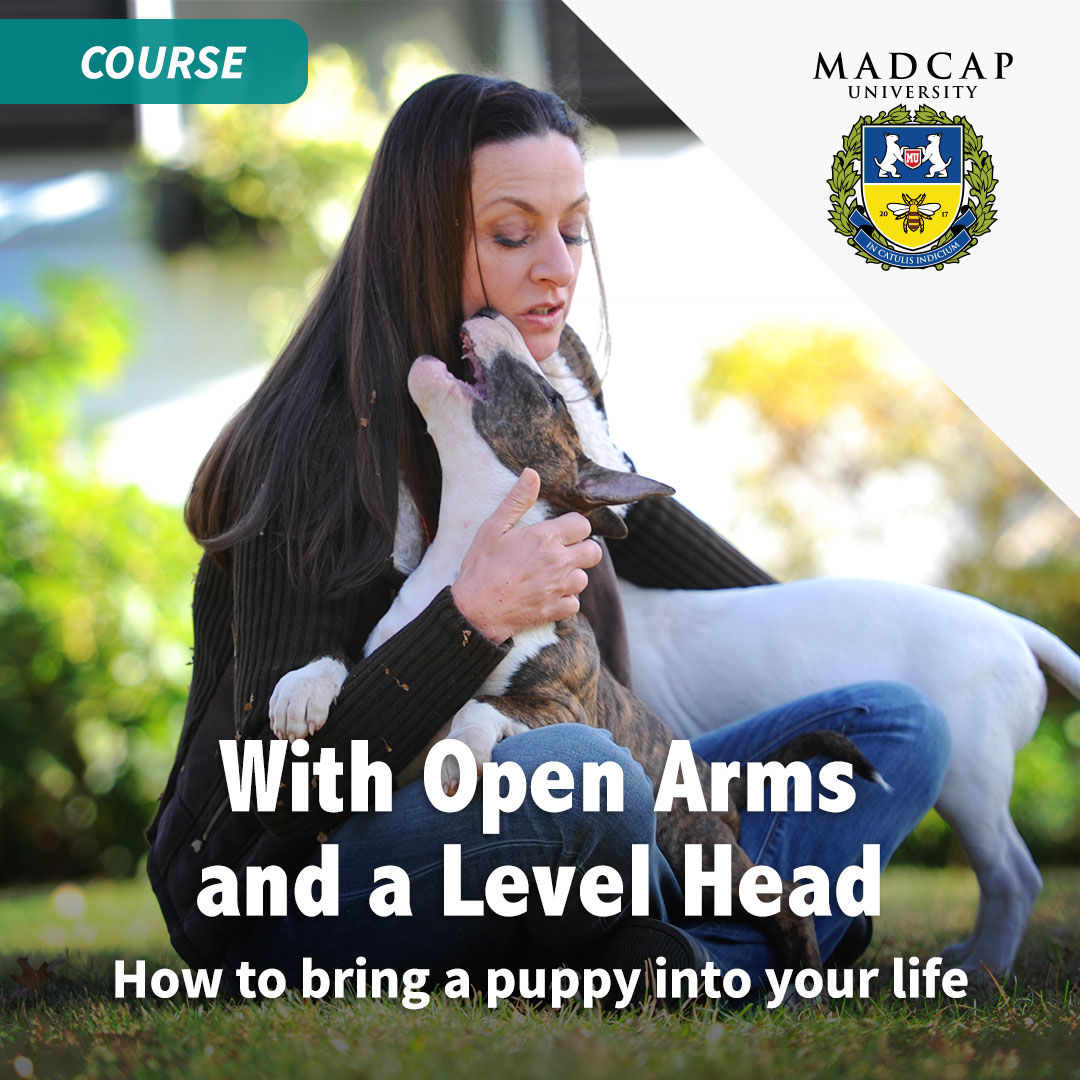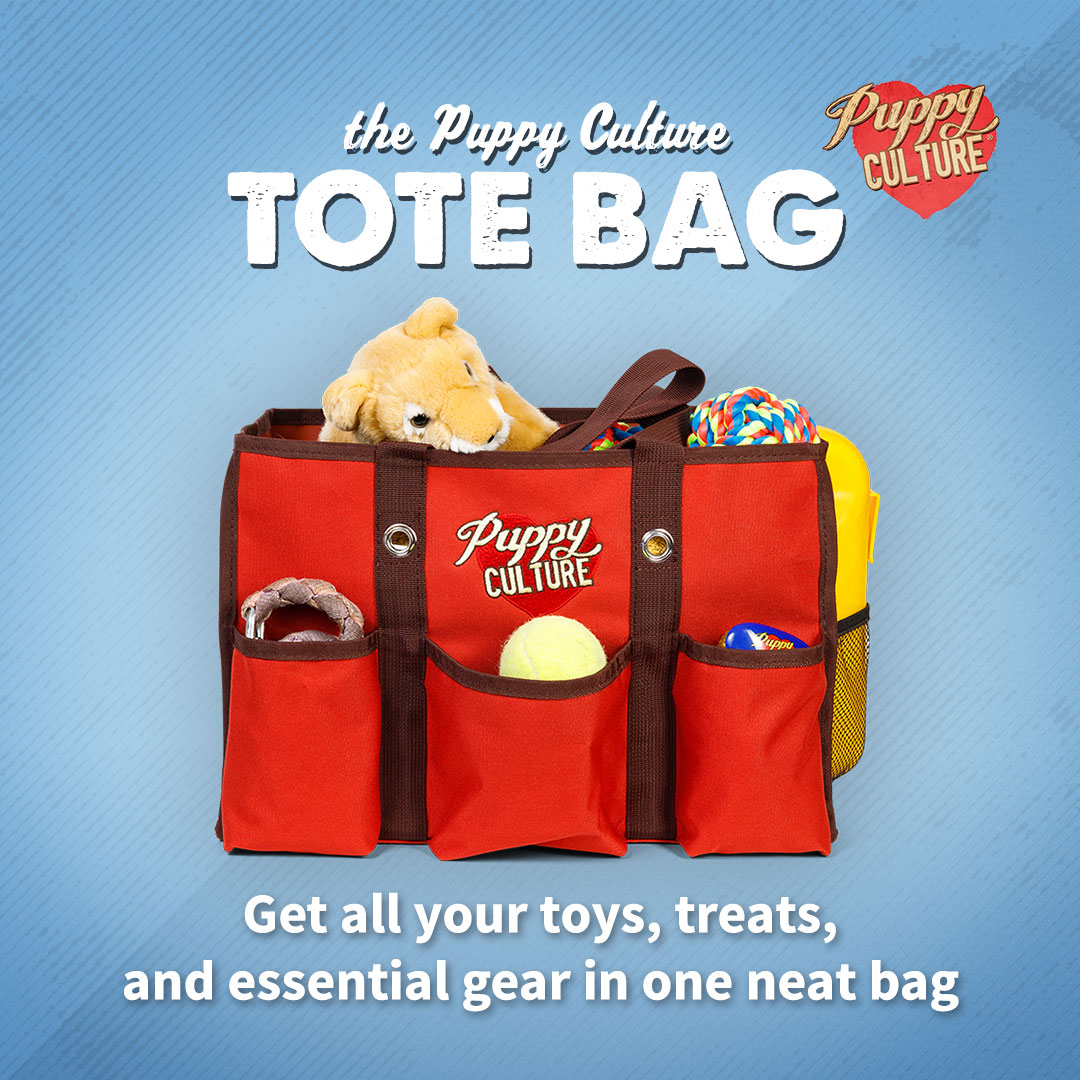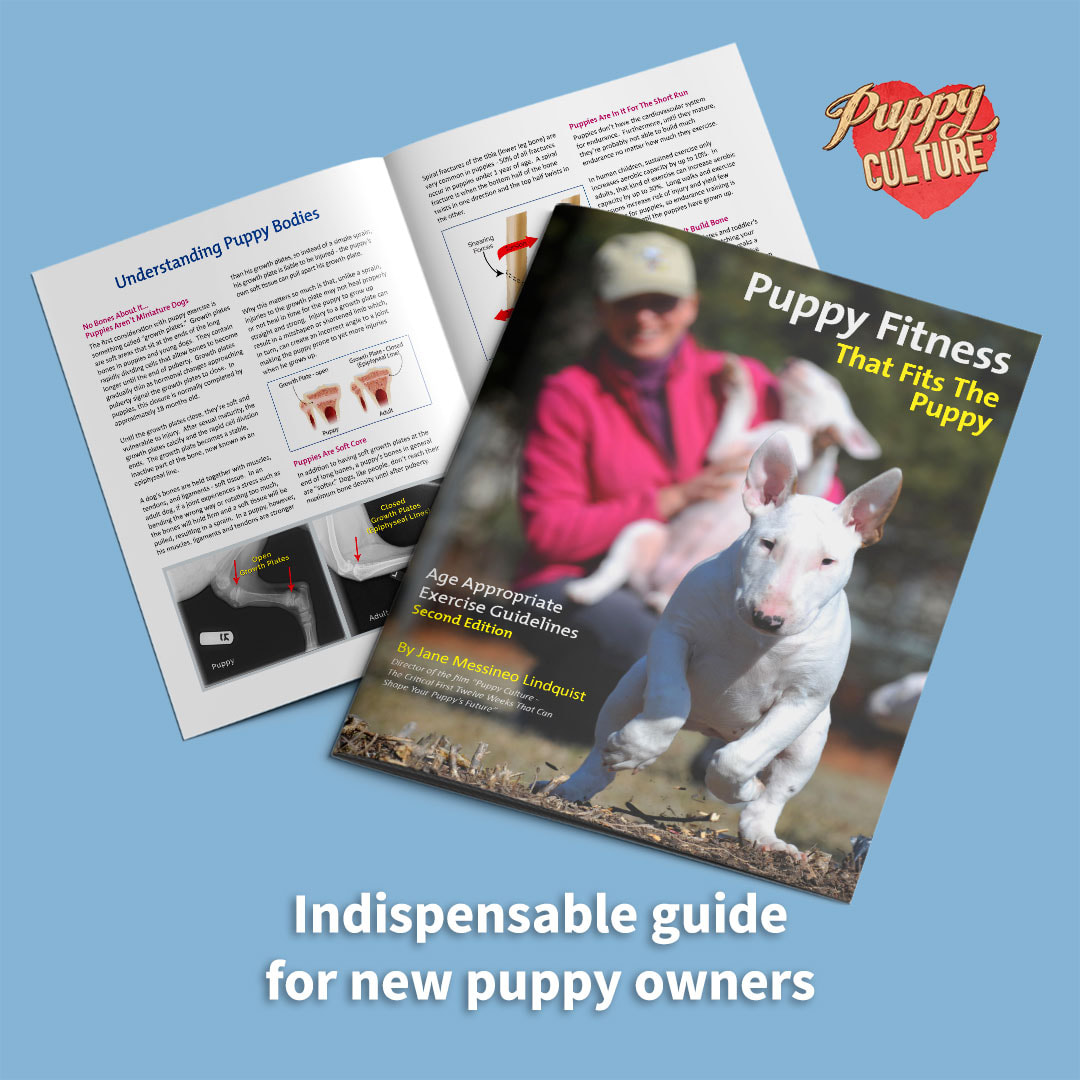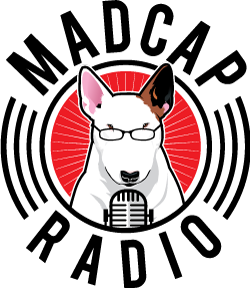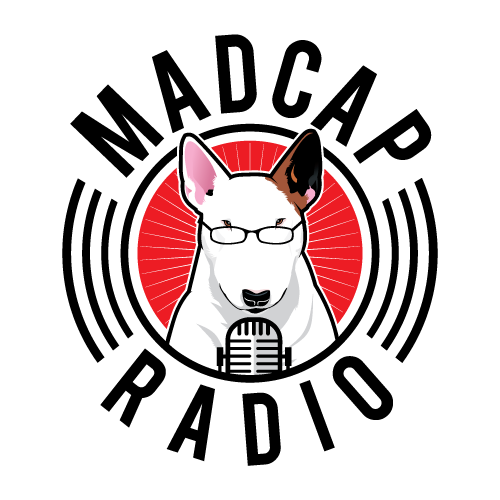|
So, your dog eats poop. Is it deviant? Or an elegant evolutionary solution?
In this podcast, Jane and Mark look at the research and talk about the possible functions of poop-eating, what works and does not work to stop it, and why.
We won’t say you’ll come away happy that your dog eats poop, but for sure you’ll see it in a different light. Referenced Courses and TitlesFurther reading and citations to the referenced studies and findings
The Paradox of Canine Conspecific Coprophagy - Veterinary Medicine and Science. 4. 10.1002/vms3.92.
Hart, Benjamin & Hart, Lynette & Thigpen, Abigail & Tran, Alisha & Bain, Melissa. (2018). UC Davis study of stool-eating dogs that examined the effectiveness of various methods to stop stool eating and also looked at correlations between stool eating and other behaviors.
Gastric Acidity, Digesting Bones, Gut Transit Time and Salmonella - Vets All Natural
Article on the canine digestive system and the acidic properties of the canine digestive tract.
I found this fragment copied onto a number of websites without any attribution, nor were the studies linked or the citations included. I did search up the studies cited and linked them (with one exception). I was unable to find where the original text came from but I’m including it because it’s out there already many times and it’s a great summary of the workings of the canine digestive system. If anyone knows the original source, please let me know - I would be delighted to include attribution.
“…The dog has a simple, very acidic gut, typical of a carnivore, designed to process large quantities of meat and bone. At it's most acidic (during digestion) the dog's gut can reach below pH1.0, equivalent to car battery acid, a level it can remain at for 5 hours (Itoh et al. 1980, Sagawa et al., 2009). Youngberg et al. (1985) found the average gastric pH of dogs ranges from pH1.5 ranging to pH2.1 a couple of hours after consuming a meal, when gastric juices would be in full flow. At this sort of acidity a meat and bone is rapidly broken down, often reduced to chyme within an hour (Lonsdale, 2001). Furthermore, this acidic environment is inhospitable to all but the most specialized of microbiology, protecting healthy scavenging dogs from common meat-borne pathogens such as Salmonella and E. coli. Great quantities of mucous protect the dog from doing itself damage. Post-digestion the stomach will abruptly change to neutral, presumably to neutralise the corrosive acid before it hits the duodenum and intestines that are less equipped to withstand the corrosive power of a pH1 acid broth. Data on dry-fed dogs cite the pH of food bolus to rise to a near neutral pH6-7 in the duodenum (Itoh et al., 1980; Sagawa et al., 2009) but as high as pH 8.3 by the time it reaches the colon. There is little data available for dogs fed a fresh meat meal. It is well established omnivores have less acidic digestive juices than carnivores due to their larger inclusion of alkaline-forming legumes and vegetables. Carnivores on the other hand spend their time eating protein and fat and the more protein in a meal, the lower the stomach pH (Carpentier et al. 1988) [note from Jane: an abstract was unavailable for this study but I did find this study that referenced it.]…
The Role of the Canine Gut Microbiome and Metabolome in Health and Gastrointestinal Disease
- Frontiers in Veterinary Science Rachel Pilla and Jan S. Suchodolski Study on the role of canine gut biome in health and gastrointestinal disease, where authors hypothesize that coprophagia inoculates the gut of the stool-eating dogs.
Fecal Microbiota Transplantation in Puppies with Canine Parvovirus Infectio
- Journal of Veterinary Internal Medicine Giorgio Q. Pereira, Lucas A. Gomes, Iago S. Santos, Alice F. Alfieri, J. S. Weese, Marcio C. Costa
28 Comments
Jane Lindquist
12/6/2022 06:05:59 pm
Wow, that's like the ultimate lemonade from lemons story. Except it's poop so maybe poopade? LOL
Reply
Peggy
12/6/2022 03:28:03 pm
Thank you for this podcast. I have 3 female Labs and 100% of them eat poop. They all prefer their own if they can get it before I scoop it up! One of them has had puppies, and she keeps them very clean! She will even eat the puppy poop after they have been weaned!
Reply
Jane Lindquist
12/6/2022 06:05:23 pm
Glad you got some reassurance and yeah poop breath is the worst lol
Reply
12/6/2022 03:28:45 pm
We have a Great White Pyrenees and a Standard Poodle, along with 2 Irish Wolfhounds and a Saint Bernard that all live in the house. They have access to 10 fenced acres - we feed them Forza10 dry kibble but have noticed that the Pyrenees will eat her poop just as soon as it is out - none of the others do. Now we do notice the poodle eating grass, but never poop. Interesting podcast!
Reply
Jane Lindquist
12/6/2022 06:03:45 pm
Yes, same here - no way we can get to all of it but I have never been a fan of dogs licking me in any way lol. Interestingly, I enjoy cats licking my eyebrows but not dogs. I guess because cats' tongues are pretty dry in comparison to dogs
Reply
Jane Lindquist
12/6/2022 06:07:06 pm
and PS thanks for writing in on the Poodle - interesting!
LaDonna Norman
12/6/2022 04:07:27 pm
Thank you for this! I've racked my brain trying to figure out what it was I was not including in my dog's diet and now I can relax! I have 2 doodles - one is 3/4 poodle & 1/4 Australian Sheppard - the other is a 50/50 mix. They both eat poop...lol!
Reply
Jane Lindquist
12/6/2022 06:02:10 pm
I feel you! Such a relief to know it's not something we're doing wrong!
Reply
Tracy Buck
12/6/2022 05:36:08 pm
Long time Sheltie owner with hundreds of rescue Shelties fostered over the past 25 years, many Shelties do eat stool, so 41% seems like an accurate value. They especially like 'poopsicles'. It is also true that Shelties as a breed have an extremely high preponderance of developing gallbladder mucocele - which impacts the GI system. I have to wonder if there is a correlation. Incidentally, my 6 year old daily stool eater was just diagnosed with an early mucocele. It will be interesting to see if that behavior reduces with the treatment of this condition.
Reply
Jane Lindquist
12/6/2022 06:01:36 pm
Wow, that's interesting and you sent me to look up mucocele. Thanks for writing in, I learned something new, and I would be interested to hear if the behavior does reduce after treatment of the mucocele.
Reply
Ginny Baxter
12/6/2022 08:22:41 pm
Jane and Mark,
Reply
Anna
12/6/2022 08:57:03 pm
Thanks for the information on dogs eating herbivore poop! My goldendoodle absolutely loves it, but carefully avoids eating her own poo.
Reply
Jane Lindquist
12/8/2022 10:31:53 pm
You are very welcome, and fortunate that your dog inherited the Poodle gene when it comes to poop lol
Reply
12/7/2022 11:01:44 pm
I loved this podcast! I have standard poodles and toy poodles. Toy poodles emphatically eat poop! My standards have never eaten it.
Reply
Jane Lindquist
12/8/2022 10:33:08 pm
Very interesting...we've had a few Poodle owners write in that they have poop-eaters. Would be super interesting to do a deep comparison between breeds!
Reply
Allan Gates
12/8/2022 09:47:06 am
We have had multiple standard poodles in our home for decades. I cannot remember a single instance in which one ate dog poop. But for a few of them fresh goat droppings were irresistible.
Reply
Jane Lindquist
12/8/2022 10:34:00 pm
Very interesting - we have had a few people write in that their Poodles eat poop but it does seem to be the exception rather than the rule
Reply
Susan Shaver
12/8/2022 10:28:23 pm
My 13 year old Standard Poodle has never eaten poop. But I reed him totally raw. For breakfast he had a chicken leg quarter bone in, and blueberries. Last night he had lamb and buttered steamed broccoli with plain organic yogurt, Etc. I think poop eating has to do with nutrition. Whenever I house sit a dog that is on kibble they always eat poop.
Reply
Jane Lindquist
12/8/2022 10:35:06 pm
Ooooh, yeah, that's rough lol. I just am not a big mouth kisser with dogs...;)
Reply
Pascale Smith
12/8/2022 11:48:15 pm
I had a Borzoi who started doing it, and seemed to have taught it to a few more young ones. The thing is, they would ONLY eat it if the weather dropped to under 10 degrees F. If they weren't poopsicles, they weren't interested. Thankfully, none of my current Borzois have this habit. Thanks for the episode!
Reply
Pascale Tolan SMITH
12/8/2022 11:50:04 pm
Come to think of it, the kibble-fed dogs were the ones who would do it. The raw-fed dogs have never eaten poopsicles.
Reply
Chris
12/9/2022 11:15:43 am
Now That You Are A Friend I Should Eat Your Poop. When I brought home a Bull Terrier puppy 18 months ago my 9 year old Bull Terrier announced that he hated her and wanted nothing to do with her. Fast forward a year and a half he reversed his decision and they ADORE each other. The baby never ate poop but as soon as he accepted her she started eating his poop. She actually doesn’t seem to like it much and consumes it hesitantly and out of a seeming obligation. Fascinating/disgusting
Reply
Jane Lindquist
12/11/2022 11:48:20 pm
If you ever decide to write a novel that MUST be the title...
Reply
Mary Courtenay
12/10/2022 12:52:57 pm
Thank you for this! My pooch is a Chinese Shar Pei ( no mix ) 1 yrs old she is raw fed and has recently discovered deer poop that randomly visit our back yard during the night my question/concern with this is do I need to worry that she might pick up some kind of parasite and can she gain weight with the added ‘ nourishment ‘ as she is at her maximum weight so far she isn’t interested in her own poop or that of other dogs freaks me right out to see her chowing down on a pile of deer poop!
Reply
Claudia Moreau
12/15/2022 11:01:35 pm
I have a litter that is almost 4 weeks old and I noticed that they are eating their own poop!!! so early can this behavior start????
Reply
M Goodchild
1/2/2023 09:11:07 am
Thank you for this very informative podcast. I am a Sheltie owner, currently raising my 4th. None of my previous Shelties were poop eaters so I was totally grossed out when my pup began eating his stool. I tried the food additives and putting pepper on the stool but the only thing that works 100% is to pick it up. I go with him every potty outing and he is trained to “leave it” and come to me immediately after he goes to be rewarded with a treat, but he will return to the feast first opportunity if I haven’t picked it up. So it’s easier on my psyche to just pick it up. What I found interesting was the correlation with “greedy eating” which definitely applies to this pup and none of my previous Shelties.
Reply
Tracy Grider
5/2/2023 01:40:16 pm
I have your poodle exception! I have a miniature poodle that is my yard vacuum!
Reply
Your comment will be posted after it is approved.
Leave a Reply. |
AuthorJane Messineo Lindquist (Killion) is the director of "Puppy Culture the Powerful First Twelve Weeks That Can Shape Your Puppies' Future" as well as the author of "When Pigs Fly: Training Success With Impossible Dogs" and founder of Madcap University. Archives
May 2023
Categories |
